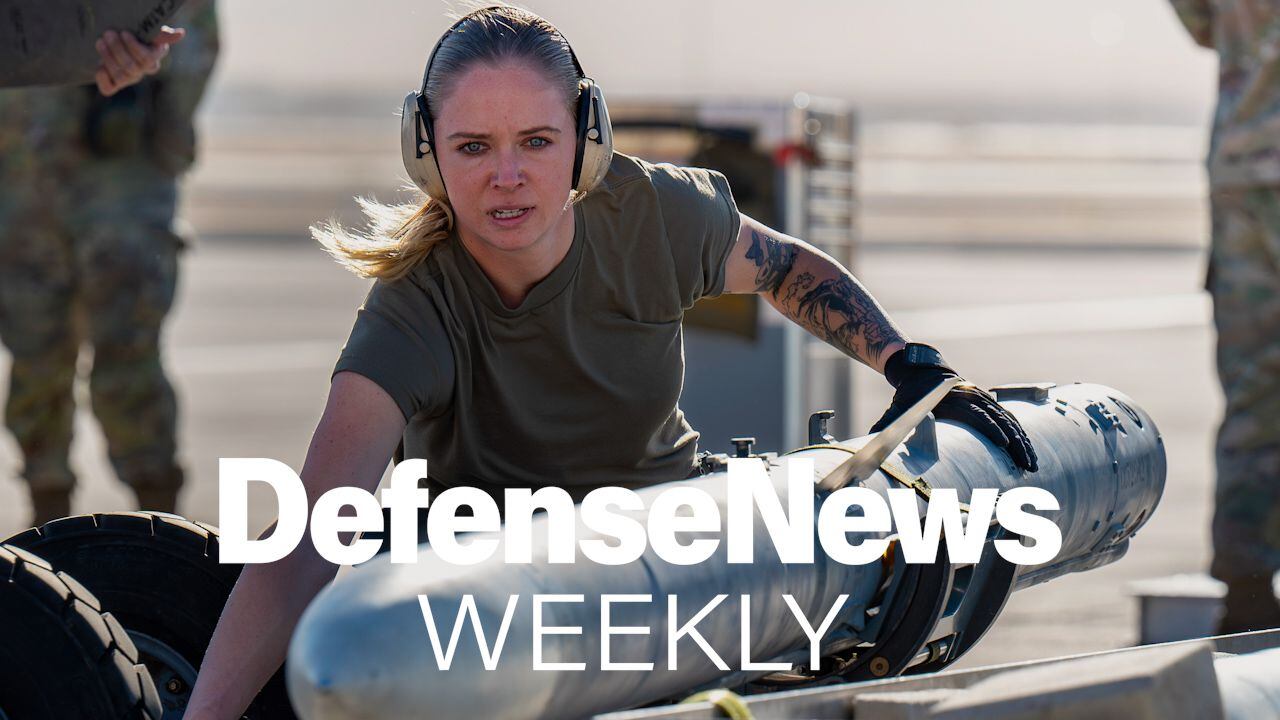MILAN – The Belgian government said it will provide an undisclosed number of F-16 fighters to Ukraine from 2025, a decision some are calling a compromise between the political factions that make up the country’s ruling coalition.
On Oct. 11, Belgium put an end to the wavering stance it had adopted in recent months on the issue of sending F-16s to Ukraine.
“Belgium from 2025 will be in a position to supply F-16s to Ukraine,” Prime Minister Alexander De Croo told reporters following his meeting with Ukrainian President Volodymyr Zelensky in Brussels.
The official added, however, that such a decision needs to be confirmed by the country’s next government following elections next May.
The announcement originally was made by Defense Minister Ludivine Dedonder on Wednesday in an interview with local broadcaster Bel RTL, during which she explained that the specifics of the agreement will “depend on the build-up of Belgium’s new F-35 capabilities.”
The deal will further entail the training of Ukrainian pilots and mission planners, which will begin in 2024, and two Belgian companies, Sabena Engineering and Patria Bec, will provide essential technical support for the F-16 fleet, according to a Belgian MoD press release. In September, Belgium joined the coalition of a dozen other countries providing F-16 courses.
Rodolphe Polis, press officer at the Belgian MoD, told Defense News that the country currently has 53 F-16s in its inventories.
In 2018, Brussels signed a multi-billion dollar contract with Lockheed Martin for the supply of 34 F-35 fighter jets that are set to replace the aging F-16s it possesses. However, the timeline for these deliveries has already been delayed.
“In April 2023, Minister Dedonder confirmed that only two F-35s out of the initial four would be delivered during the first quarter of 2024,” Alain De Neve, researcher at the Belgium-based Royal Higher Institute for Defense think tank told Defense News. “This means that the F-16 to F-35 transition could face hiccups, meanwhile Belgium is obliged to maintain an operational fleet of aircraft, particularly for its joint missions in the Baltics.”
Belgium contributes to the surveillance of this airspace as part of NATO’s enhanced vigilance activities and Baltic Air Policing. It was also one of the first international customers of the F-16, receiving its first deliveries over 40 years ago.
The news that the jets will not reach Ukraine before two more years have deceived some observers, as Ukrainian officials have been heavily lobbying for these weapons to reach the war-torn country as soon as possible.
For De Neve, it is somewhat surprising that Belgium would be singled out on this issue.
“The decision to send F-16s to Ukraine represents, as is often the case in Belgium, one based on a compromise between the various political sensitivities that compose the ruling coalition government… This can be a complex process and it is true, out of sync with events,” he said.
However, he argues that the deadline needs to be placed in the broader context of other pledges made by F-16 donating countries.
“As early as January 2023, the Netherlands indicated that they were willing to deliver F-16s to Ukraine, but US approval was crucial, which came in the spring. This means it has been ten months since the first delivery promises were made, and no aircraft has yet been transferred to Ukrainian forces,” De Neve stated.
Government officials have in recent months voiced the growing possibility that the Russia-Ukraine war could turn into a frozen conflict, that may last anywhere between several years to a decade.
Elisabeth Gosselin-Malo is a Europe correspondent for Defense News. She covers a wide range of topics related to military procurement and international security, and specializes in reporting on the aviation sector. She is based in Milan, Italy.








